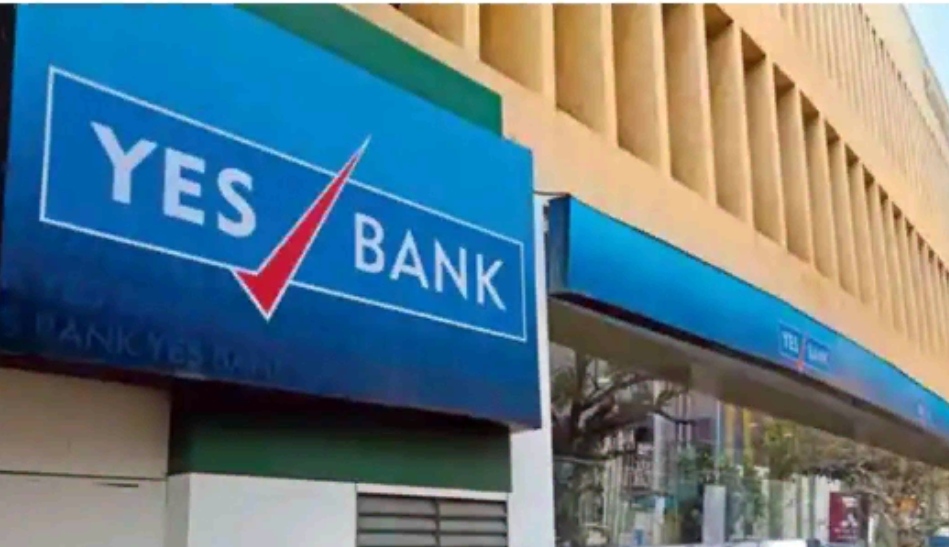SBI plays godfather to Yes Bank

SBI will have to maintain its stake at 49% in Yes Bank.
Success has many fathers, but failure can get you a godfather. At least in the case of Yes Bank, this seems to be true.
After being roped in to rescue the troubled private sector lender from a collapse earlier this year, State Bank of India (SBI) has played the role of a godfather rather proudly.
It first infused ₹6,050 crore into Yes Bank as part of the rescue package, in exchange for a 48.2% stake.
But that’s not all. The chief currently steering Yes Bank is Prashant Kumar, former deputy managing director at SBI. More importantly, Yes Bank’s wholesale loan portfolio has found a ready buyer in SBI, according to a News Agency.
And now, SBI is all set to invest another ₹1,760 crore in the private sector lender’s follow-on public issue scheduled later this month. Yes Bank has said it aims to raise ₹15,000 crore through the FPO. If successful, SBI’s stake will be diluted considerably. But not many are banking on that outcome, unless another government firm such as Life Insurance Corporation of India steps up to the challenge.
For now, SBI can be expected to play the key role in the private sector bank’s ongoing survival. The rehabilitation of Yes Bank involves SBI to hold 26% for three years. Besides SBI, six other banks and two financial institutions also infused money. All investors are required to hold Yes Bank shares for three years minimum.
Needless to say, SBI has been a magnet for funds then and it would be even now.
Yes Bank needs money urgently with the speed at which its wholesale book is decaying.
Kumar has had his hands full in cleaning up the balance sheet since he took over in March.
More than 18% of the lender’s book had turned bad as of end-March. Moreover, the pandemic has increased the severity of delinquencies for Yes Bank, while making it tougher to grow the loan book. In FY20, the bank’s deposits dropped by a massive 54% while loan book shrank by 29%.
The bank’s Common Equity Tier-1 ratio was 6.3% after the rescue capital infusion. Analysts estimate the bank needs ₹15,000-20,000 crore capital to meet regulatory minimum requirements as also provisioning needs.
It is clear that SBI will need to keep infusing money until Yes Bank is able to reduce the level of stress on its book.
While it keeps giving money to Yes Bank, SBI will have to maintain its stake at 49%.
From talent to money, SBI has been a go-to place for Yes Bank to survive. For all practical purposes, the private sector lender is already leading the life of an SBI subsidiary. It should perhaps just increase its stake by 2%, and make Yes Bank a legitimate offspring.



